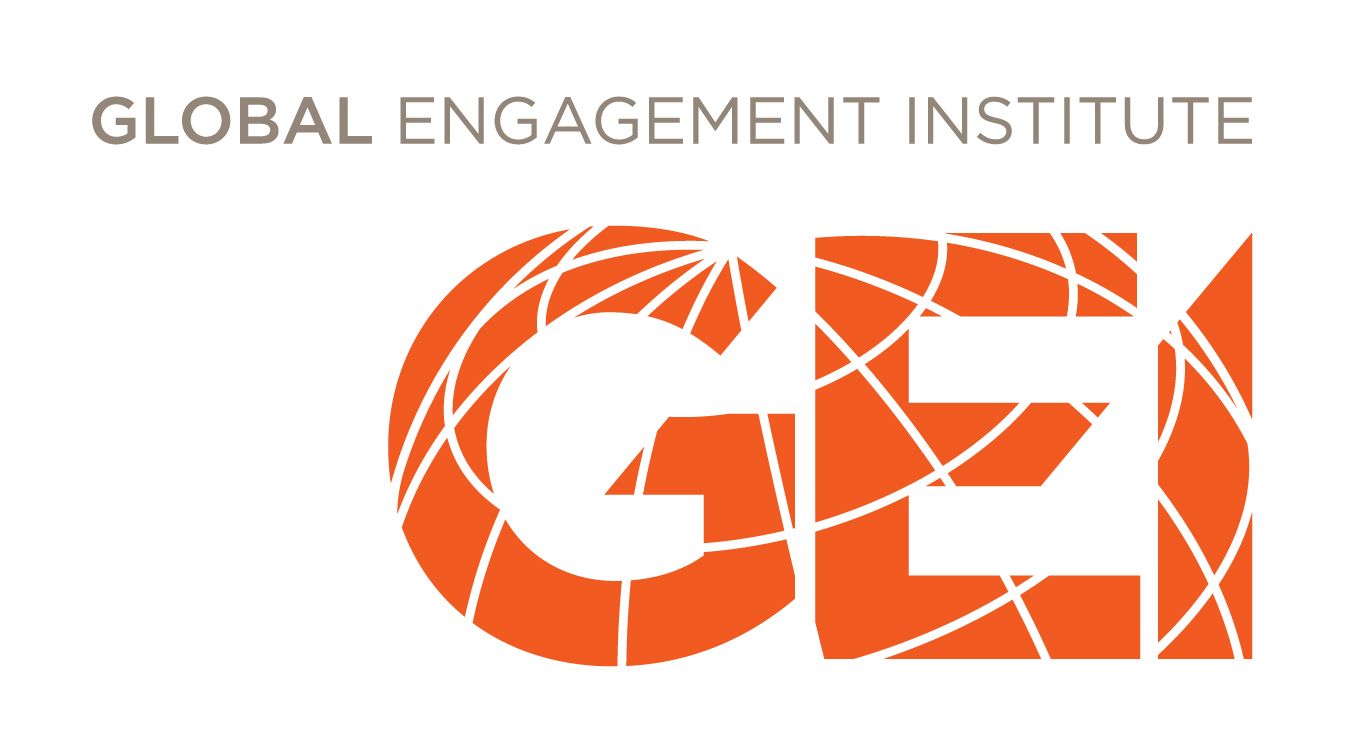Introduction
Rwanda, often hailed as a beacon of hope and resilience, has emerged as a leading destination for students of mental health professions. Its innovative healthcare system, commitment to addressing trauma, and rich cultural heritage make it an unparalleled learning environment. Here’s why Rwanda stands out:
- Innovative Healthcare System: Emphasizes primary health care with a successful system of community health workers also trained in basic mental health.
- Trauma-Informed Practices: Deep engagement with trauma treatment and innovative initiatives.
- Engagement with Leading Institutions: Opportunities for interaction with a variety of institutions and organizations, such as the University of Rwanda and mHub – The Mental Health Hub.
- Service-Learning Opportunities: Students can contribute to capacity development through unique service-learning initiatives.
- Safety and Heritage: Rwanda is possibly the safest country in Africa with a rich cultural and natural heritage.

A Model Healthcare System
Rwanda’s healthcare system is a testament to the power of innovation and resilience. Following the 1994 genocide, the country faced a daunting challenge: rebuilding its healthcare from the ground up. Today, Rwanda boasts a primary healthcare system that is both comprehensive and unique.
Rwanda’s healthcare system is a testament to the power of innovation and resilience. Following the 1994 genocide, the country faced a daunting challenge: rebuilding its healthcare from the ground up. Today, Rwanda boasts a primary healthcare system that is both comprehensive and unique.
The backbone of this system is a network of community health workers, many of whom receive training in basic mental health care. This ensures that mental health services are accessible even in the most remote areas. Furthermore, Rwanda’s universal health insurance ensures that everyone has access to these essential services.
Addressing Mental Health and Trauma
The prevalence of trauma in Rwanda cannot be overstated. The echoes of the past have made trauma-informed care a critical component of the nation’s healthcare philosophy. Rwanda has pioneered innovative approaches to trauma treatment and mental health care that are both effective and culturally sensitive.
Initiatives such as community dialogues and trauma coaching sessions have become invaluable tools in healing the nation. These programs not only address individual needs but also strengthen community bonds. Mental health students can learn a great deal from Rwanda's holistic approach to mental health and trauma.
A Hub of Learning and Engagement
For students of mental health professions, Rwanda offers unparalleled opportunities to engage with both public and private sectors. The University of Rwanda and mHub – The Mental Health Hub are at the forefront of mental health research, advocacy, and prevention in the country. Here’s what students can expect:
- University of Rwanda: A chance to engage with local students and faculty, sharing knowledge and insights on mental health practices.
- mHub: Offers innovative prevention and psychoeducation initiatives, including state-of-the-art curricula such as First Aid for Mental Health and Trauma Coaching, providing students with hands-on experience in the field.
Beyond the Classroom: Service-Learning and Cultural Immersion
Rwanda’s approach to mental health education extends beyond traditional classroom settings. Students have the opportunity to participate in service-learning projects, contributing to capacity development in critical areas like first aid for mental health and trauma coaching. These experiences not only enhance their professional skills but also offer profound personal growth.
Furthermore, Rwanda's rich cultural and natural heritage offers students an enriching backdrop to their educational journey. From the breathtaking beauty of its national parks to the vibrant streets of Kigali, Rwanda provides a safe and inspiring setting for learning and exploration.
Summary Points
- Innovative Healthcare System: Rwanda’s healthcare model is a study in innovation, emphasizing accessibility and primary care with a unique focus on mental health.
- Addressing Trauma: Through community-based initiatives and trauma-informed practices, Rwanda offers vital lessons in healing and resilience.
- Engagement Opportunities: Collaborations with the University of Rwanda and mHub provide hands-on learning experiences in mental health care.
- Service-Learning and Cultural Immersion: Students can contribute to local communities while experiencing Rwanda's rich heritage and safety.
In conclusion, Rwanda is not just a destination for study abroad students in mental health professions; it is a living classroom. It offers a unique blend of innovative healthcare, deep engagement with trauma treatment, and enriching cultural experiences. For those looking to make a difference and learn from a country that has overcome immense challenges, Rwanda is the premier choice.

